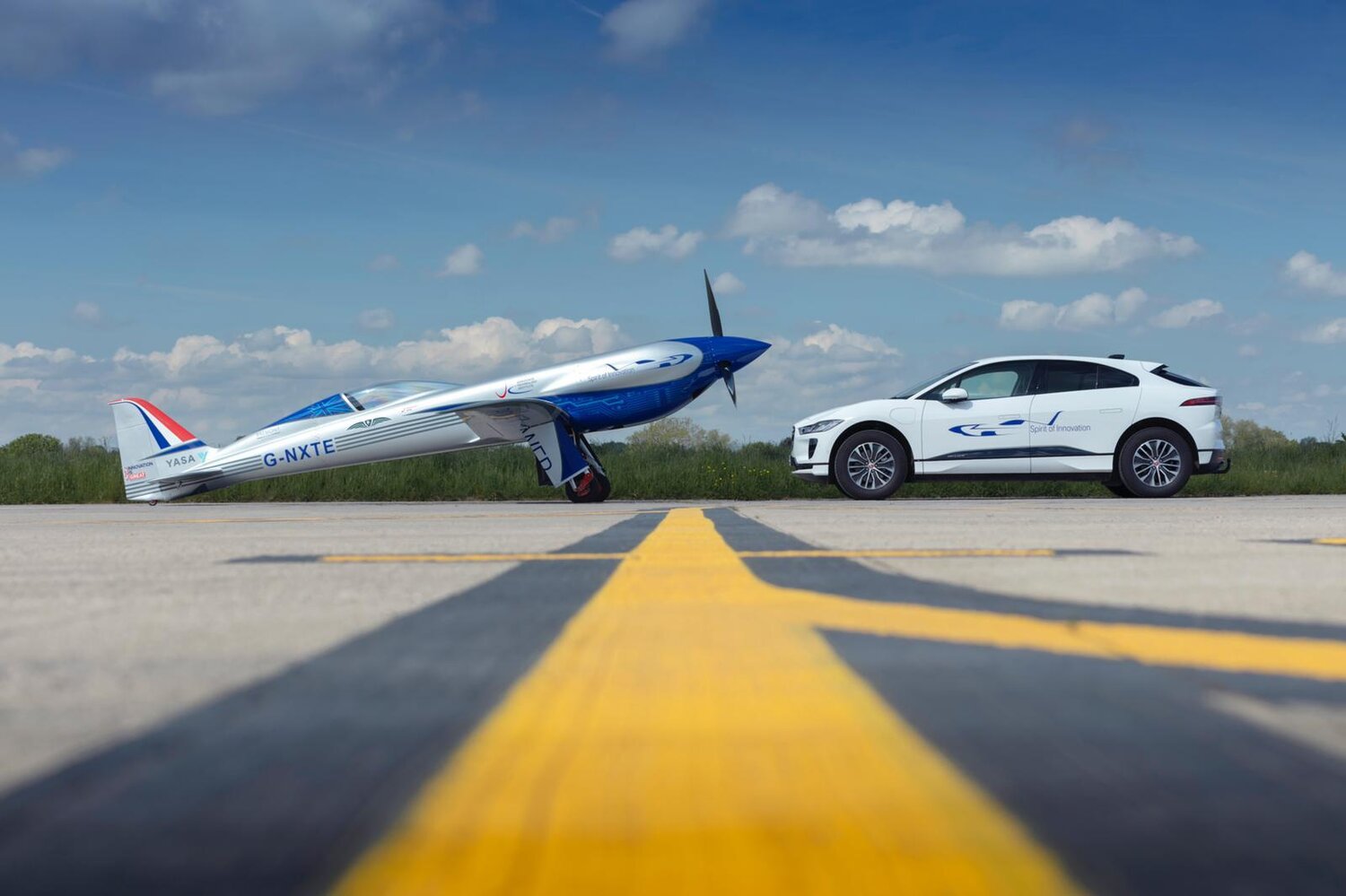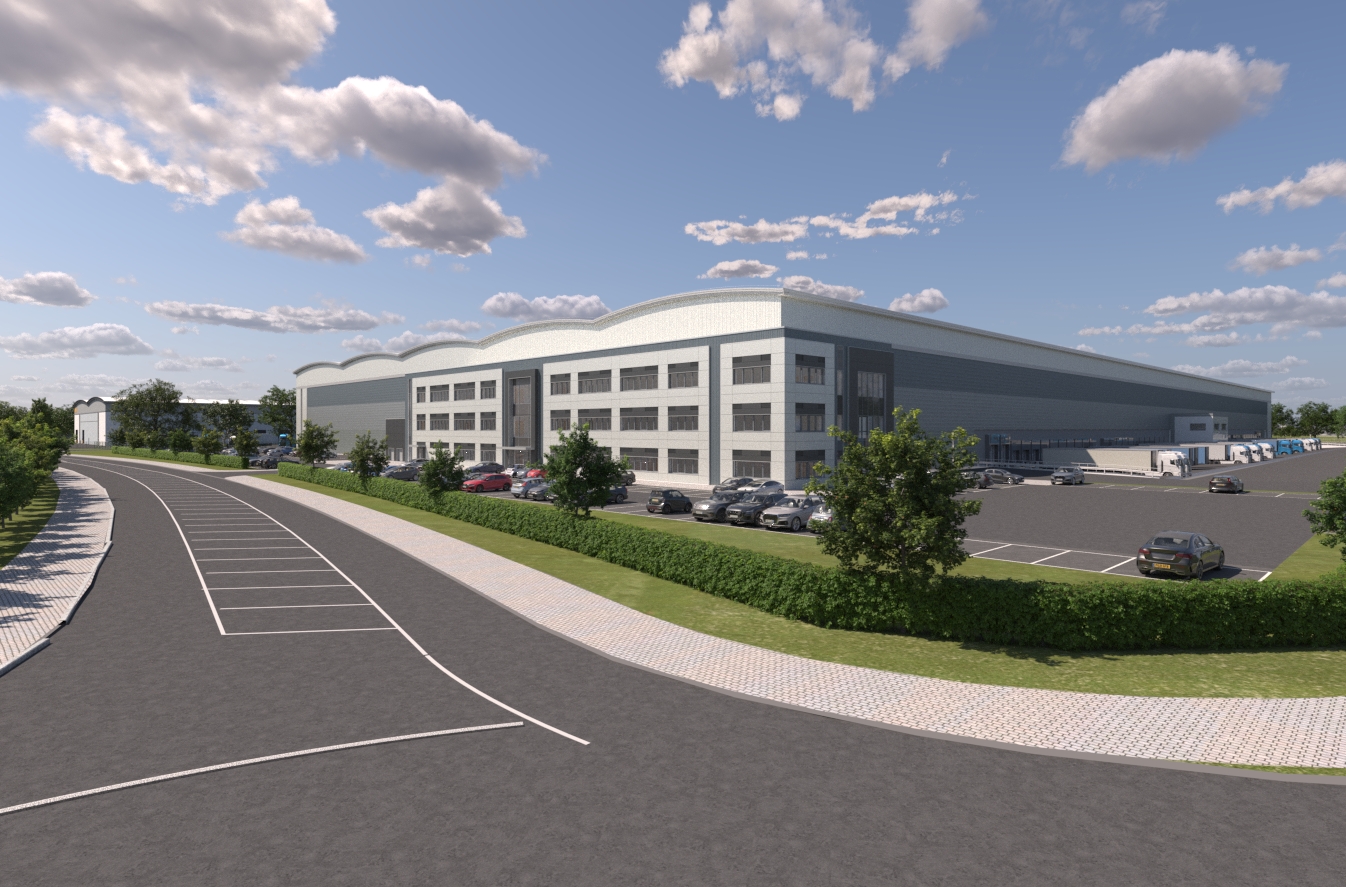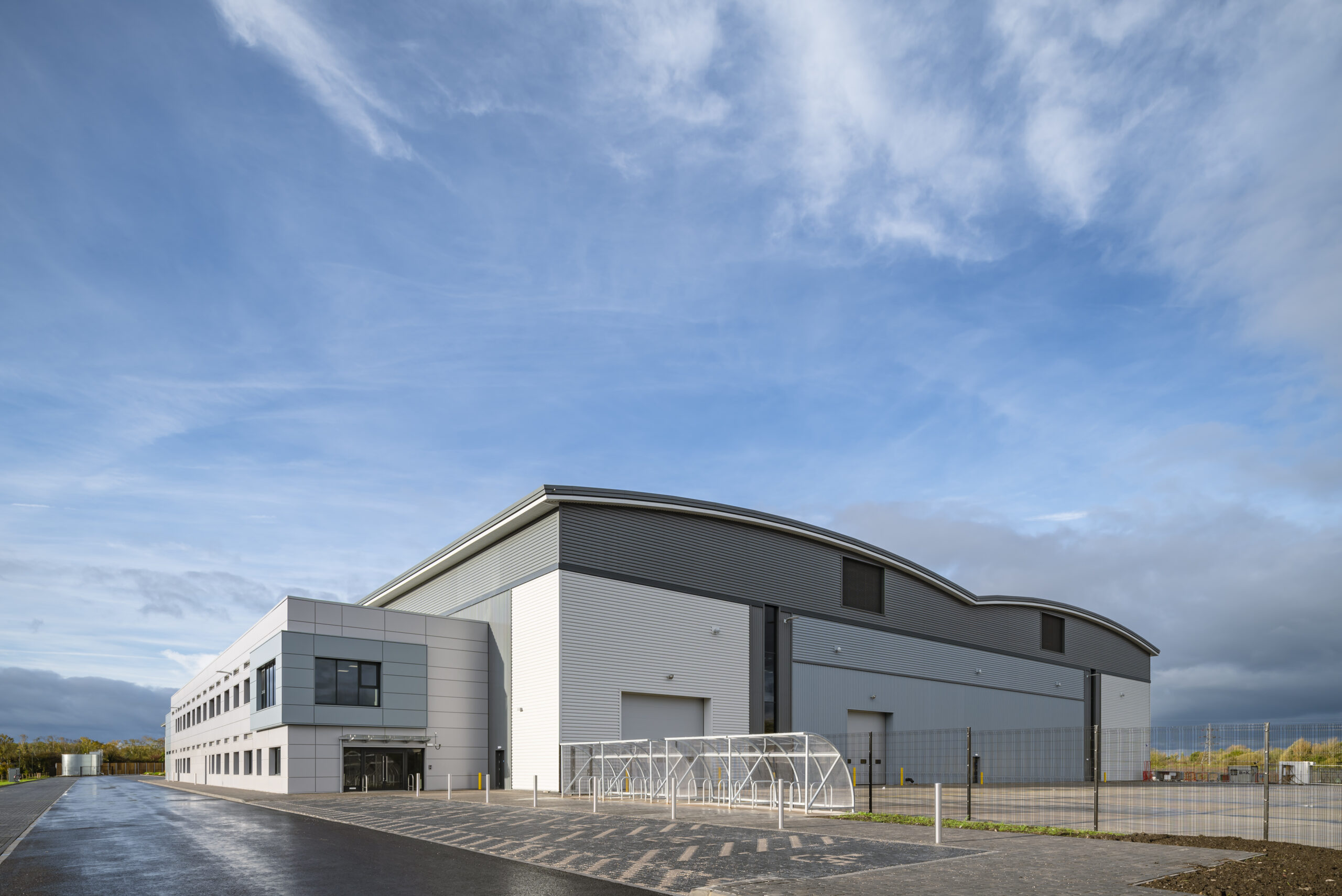Rolls-Royce teams up with JLR for all-electric plane record bid

Rolls-Royce has announced it has teamed up with Jaguar Land Rover for an attempt to break the record for the fastest all-electric plane.
The 300mph ‘Spirit of Innovation’ aircraft completed its first runway taxiing tests earlier this year.
Now, according to the engineering giant, which has its civil aerospace division in Derby, the aircraft is just “weeks away” from taking to the air.
Rolls-Royce said Jaguar Land Rover will loan it a number of all-electric, zero-emission Jaguar I-PACE cars as towing and support vehicles for the world-record attempt.
The technology for the plane has been developed by the ACCEL (Accelerating the Electrification of Flight) programme.
Rolls-Royce said the Spirit of Innovation’s electric propulsion system would use 500hp, with its battery providing enough energy to fuel 250 homes or fly from London to Paris on a single charge.
Rob Watson, director of Rolls-Royce Electrical, said the company was “delighted” Jaguar Land Rover was loaning it cars for the attempt.
He said: “Rolls-Royce and Jaguar Land Rover are UK pioneers who are focused on advancing electrical technology for their respective sectors.
“It is important to us that the ACCEL programme is carbon neutral and this will be supported by having all-electric cars for ground-support.”
Rawdon Glover, managing director at Jaguar Land Rover UK, said: “We’re delighted to be supporting another great British pioneer Rolls-Royce and their team as the ‘Spirit of Innovation’ aircraft brings electrified aviation into the nation’s psyche with this incredible 300mph record attempt.”
Rolls-Royce is currently investing heavily in green technology.
It aims to use the technology from the ACCEL project and apply it to products for the market, bringing motors, power electronics and batteries into the general aerospace, urban air mobility and small commuter aircraft sectors.
Last month, the firm announced plans to create hundreds of jobs as part of an £80 million project to develop storage units for future generations of electric planes.
The company said some 300 roles would be created over the next decade, developing energy storage systems for zero-emissions flights.
Tagged: Rolls-Royce
 Forward funding agreed for Infinity Park Derby facility
Forward funding agreed for Infinity Park Derby facility NEW £45M HOME FOR OREGON TIMBER
NEW £45M HOME FOR OREGON TIMBER Derby set to lead the way in job creation says report
Derby set to lead the way in job creation says report





